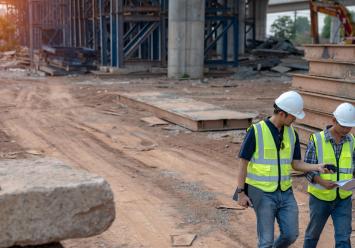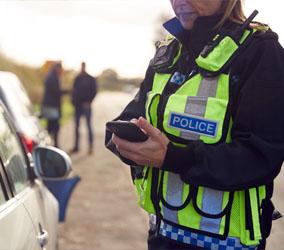Working in the public sector shouldn't mean you're priced out of homeownership. If you're a nurse, teacher, police officer, or any other public sector worker struggling to get on the property ladder, shared ownership could be your pathway to having your own front door key
What is shared ownership?
Think of shared ownership as buying your home in stages rather than all at once. You buy a share of the property and pay rent to a landlord on the rest. The share you can buy is usually between 25% and 75%, though some properties now allow you to start with just a 10% share.
Here's how it works: imagine you find a £300,000 property but can only afford a mortgage on £150,000. With shared ownership, you'd buy a 50% share for £150,000, then pay subsidised rent on the remaining 50% to a housing association. As your situation improves, you can gradually buy more shares – a process called 'staircasing' – until you eventually own the entire property.
The staircasing process
Staircasing allows you to increase ownership over time through purchasing additional shares in your home. Recent government changes reduced the minimum initial share from 25% to 10% and introduced the option of staircasing in 1% increments. These options can vary, though, so be sure to ask your landlord for the key information document to learn about future staircasing options for your property.
Are you eligible as a public sector worker?
Shared ownership is aimed at helping first-time buyers and those who do not currently own a home. To qualify, you must be at least 18 years old, be a first-time buyer, have an annual household income of less than £80,000 (or £90,000 in London), and be unable to afford to buy a suitable home outright.
What's encouraging for public sector workers is that priority is normally given to existing public sector tenants, those on housing registers, and key workers. Additionally, military personnel are given priority for government-funded shared ownership schemes.
Understanding the financial commitment
Your upfront costs are typically much lower than buying outright. You'll need to pay a deposit, usually between 5% and 10% of the share you're buying. So, if you're buying a 40% share of a £250,000 property (£100,000), your deposit could be as little as £5,000.
In addition to your mortgage payment, you'll also usually pay monthly ground rent and service charges, plus rent on the portion you don't own. However, the more shares you own, the less rent you’ll pay.
Alternative options for public sector workers
The First Homes scheme offers 30-50% discounts on property market value. Councils are encouraged to prioritise key workers for First Homes, particularly in areas where essential service professionals are needed locally.
Ready to explore your shared ownership options? Speak with one of our specialist mortgage advisers who can guide you through the available schemes for your key worker profession.









